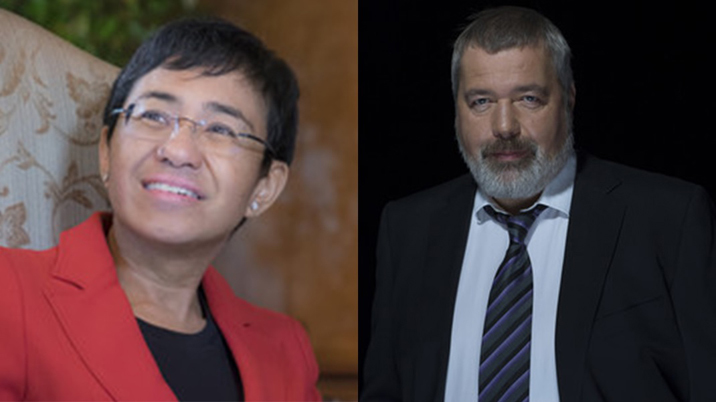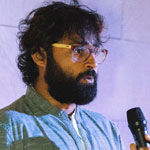
Last Friday, two journalists won the Nobel Peace Prize.
Maria Ressa of the Philippines and Russia’s Dmitry Muratov were lauded for “their efforts to safeguard freedom of expression, which is a precondition for democracy and lasting peace”.
Reading the citation, three things about them stood out:
- Their courage. Both have continued to publish even when threatened with extreme intimidation and violence. Six of Muratov’s colleagues have been killed since 1993.
- Their determination to expose abuse of power. Ressa has “focused critical attention on the Duterte regime’s controversial, murderous anti-drug campaign” and Muratov “has published critical articles on subjects ranging from corruption, police violence, unlawful arrests, electoral fraud and “troll factories” to the use of Russian military forces both within and outside Russia.”
- Their upholding of journalistic standards. Ressa is a firm critic of how “social media is being used to spread fake news, harass opponents and manipulate public discourse” while Muratov has “consistently defended the right of journalists to write anything they want about whatever they want, as long as they comply with the professional and ethical standards of journalism”.
The Nobel committee continued: “They are representatives of all journalists who stand up for this ideal in a world in which democracy and freedom of the press face increasingly adverse conditions.”
The last working journalist to be a recipient of the Nobel Peace Prize was German journalist Carl von Ossietzky, editor-in-chief of the magazine Die Weltbühne, in 1935.
When pressured by the Nazis to decline the prize, he refused, saying: “After much consideration, I have made the decision to accept the Nobel Peace Prize which has fallen to me. I cannot share the view put forward to me by the representatives of the Secret State Police that in doing so I exclude myself from German society. The Nobel Peace Prize is not a sign of an internal political struggle, but of understanding between peoples. As a recipient of the prize, I will do my best to encourage this understanding.”
For his efforts, Ossietzky spent time in various concentration camps before dying of TB in 1938.
These winners, past and present, showed exceptional bravery, steadfastness and integrity to continue to practice their journalism, when so many of their peers had been cowed into submission.
You can catch James Evelegh’s regular column in the InPubWeekly newsletter, which you can register to receive here.












